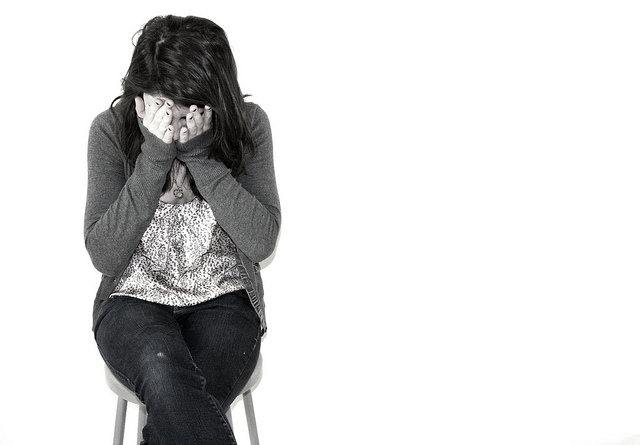Questions like “Where do babies come from?” are discomfiting enough for some parents to answer even in the comfort of one’s home. Imagine if the same question is asked in public. What if the questions seem to border on rudeness like “Why is that woman fat?”, and within hearing of the person being referred to? And how, pray-tell is a mother supposed to answer a young daughter who is questioning the different way her father pees?
It can be pretty challenging and nerve-wracking to be confronted with a child’s questions especially when there is enough audience to make the situation monumentally embarrassing. It is usually not only the content of the question that is embarrassing but also the timing. That is how it is with children though. We never know when they will strike so parents will just have to be ready when they do come. Here are some reasons why embarrassing questions are aired and the recommended way of dealing with them.
Curiosity
Children are naturally curious about things happening around them. The most common reason why they choose to ask potentially embarrassing questions from adults is merely the attempt to understand the things they see. It has to be considered that most young children will not even be aware that their questions can be considered inappropriate in adult standards.
The recommended way of answering questions of this nature is provide honest explanations that can be understood by the child with respect to age and circumstances. Going into details that are far too deep for a child’s appreciation can add confusion instead of clarity. Children who are simply asking embarrassing questions out of curiosity should not be shamed or punished to be quiet.
Malice
Children’s questions are rarely tainted with malice. It is possible however that some questions are intentionally asked to provoke, hurt, or merely to get attention. Parents will have to be more careful with questions of this nature lest they provide the negative reaction hoped for.
The malice being described here is of course not equal to the magnitude often manifested by adults. The moment however that a seemingly harmless question is asked to obtain a negative reaction from another, it ceases to be a simple innocent inquiry. Child psychologists suggests that parents do not make a fuss but they do have to ask the child to stop. The gravity of his or her action can be explained more extensively in a private place. Parents may find themselves doing this constantly as their children try to make the distinction between what is appropriate or not.
Originally posted on September 5, 2013 @ 10:35 am
